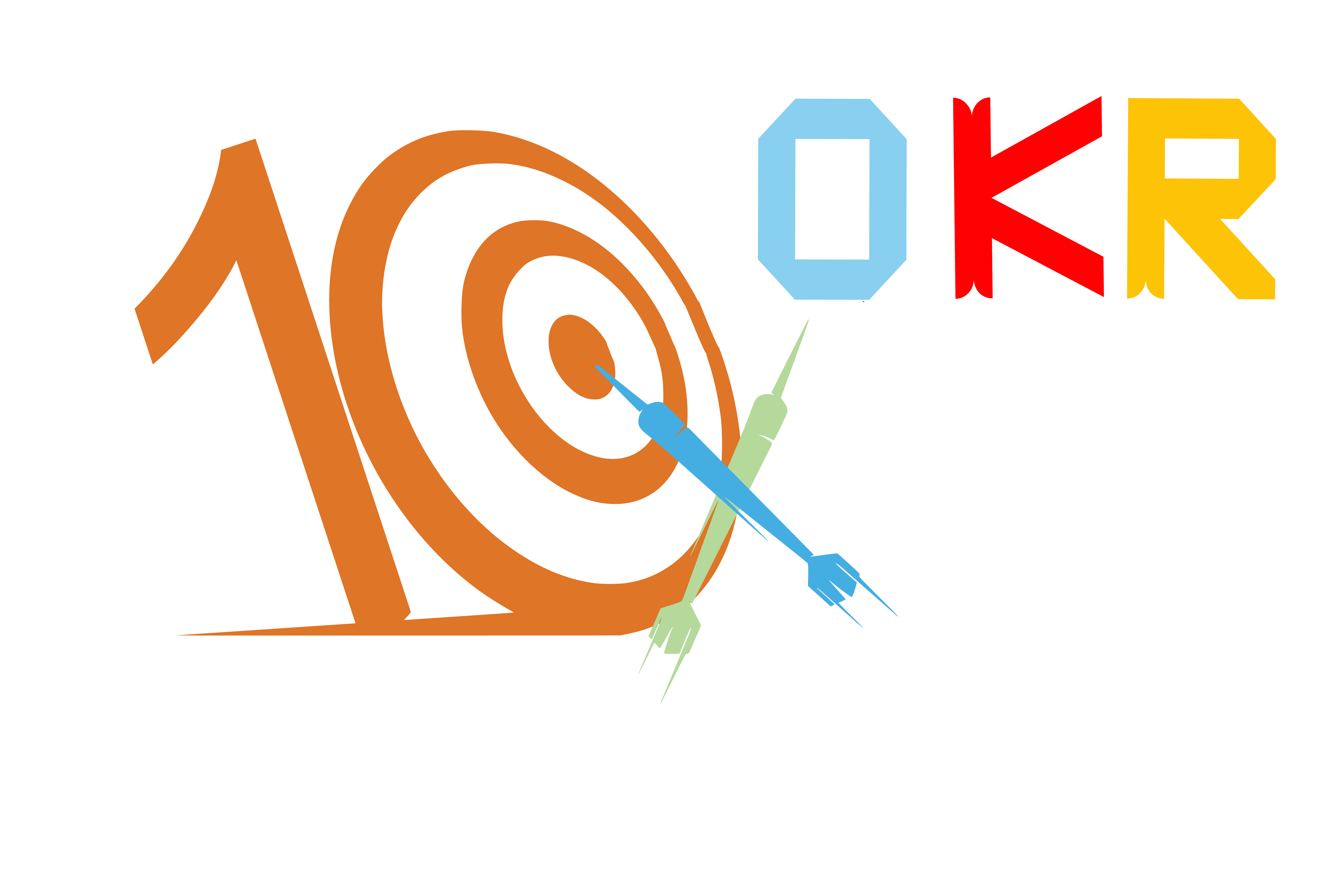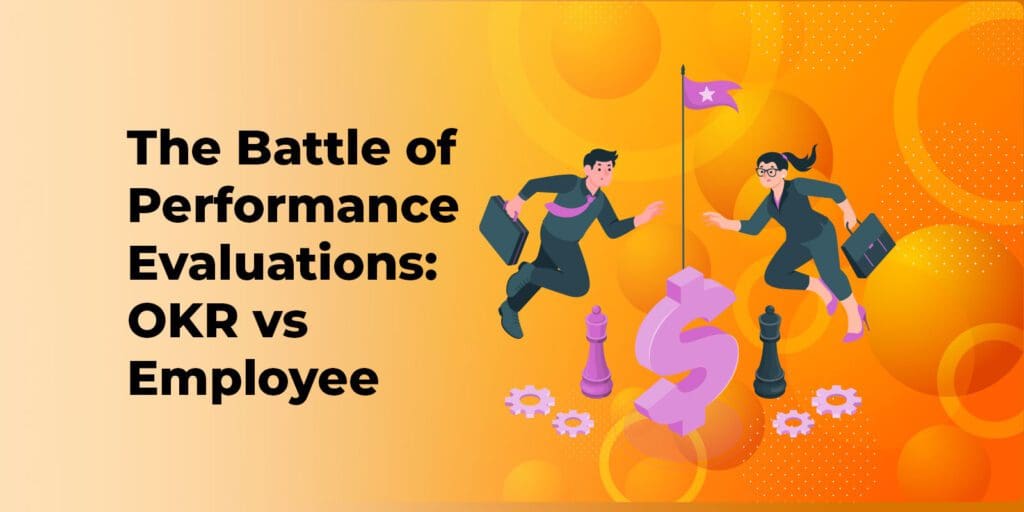Table of Contents
The Battle of Performance Evaluations: OKR vs Employee Goals
Performance evaluations are essential for any organisation to measure its employees’ performance and determine their contributions to the company’s objectives. The process helps managers identify areas where employees excel and areas where they need to improve. In recent years, performance evaluations have moved from traditional annual reviews to more frequent and continuous assessments.
The two most common frameworks for performance evaluations are employee goals and Objectives and Key Results (OKRs). This article will compare the two frameworks and determine which is more effective in evaluating employee performance.
The Importance of Performance Evaluations in Organisations
Performance evaluations are essential for any organisation to track employee performance and ensure that employees meet the company’s objectives. The process involves setting goals, determining expectations, and assessing the employee’s progress. Performance evaluations help managers to identify skill gaps, training needs, and areas where employees can improve.
The Concept of Objectives and Key Results in Performance Management
The goal-setting framework, Objectives and Key Results (OKRs) have grown in popularity recently. OKRs involve setting specific, measurable, and ambitious goals for the company and its employees. It is a collaborative process where team members work together to determine their objectives and the key results they want to achieve.
Objectives and key results are the two halves of the OKR framework. Key results specify the precise steps that must be followed to attain the objectives, which are the goals that the business or person wishes to accomplish. The key results are measurable and help determine whether the objective has been achieved.
How to Create Effective OKRs & Employee Goals for Your Company
Regarding goal setting within a company, there are two popular methods: OKRs and employee goals. When choosing which strategy is ideal for your company, it’s critical to recognise the differences between the two, as each has advantages and cons of its own.
Here’s a quick overview of each method:
OKRs (Objectives and Key Results) are a goal-setting system that typically involves setting quarterly or yearly objectives that are specific, measurable, achievable, relevant, and time-bound. Each objective is then given a corresponding key result that quantifies the success of the objective.
On the other hand, employee goals are typically more individualised and can be set at any time (weekly, monthly, or yearly). They also don’t separate from specific objectives or key results. Instead, employee goals can be things that employees want to achieve within a certain timeframe.
If you’re looking for a more structured approach to goal setting with clear objectives and key results, then OKRs may be a good fit. But if you’re looking for a more flexible system where employees can set their own goals, employee goals may be a better option.
OKRs vs Employee Goals – Comparing the Two Frameworks
OKRs and employee goals are goal-setting frameworks that help organisations evaluate employee performance. However, the two frameworks differ considerably from one another. The manager typically sets employee goals specific to the employee’s role. At the same time, OKRs are collaborative and involve setting objectives and key results for the company and its employees.
Employee goals typically focus more on individual performance, while OKRs concentrate on the company’s overall objectives.
Employee goals are typically set once a year, while OKRs are set quarterly or monthly, making them more agile and adaptable to changing business needs.


Evaluating How an Employee’s Personal Performance Aligns with Organisational Goals Using OKRs
One of the main advantages of the OKR framework is that it helps evaluate an employee’s performance and how it aligns with the company’s objectives. By setting specific, measurable, and ambitious goals, employees can track their progress and determine if they contribute to the company’s objectives.
The OKR framework also allows employees to see how their performance contributes to the company’s objectives. This helps employees understand their role in the organisation and motivates them to achieve their goals.
The Role of OKRs in Performance Management and Its Impact on Individual Employee Goals
OKRs have a significant impact on individual employee goals. By setting ambitious goals, employees are motivated to achieve them, increasing productivity and performance.
The OKR framework also allows managers to track employee progress and provide feedback, helping employees improve their performance and achieve their goals.
The OKR framework also encourages collaboration and teamwork, as team members work together to achieve the company’s objectives. This leads to a more cohesive and productive team, as team members are motivated to work towards a common goal
The Future of Performance Evaluations – OKRs as a Synonymous Tool for Performance Management
OKRs have gained popularity recently as a goal-setting framework that helps organisations evaluate employee performance. As companies become more agile and adaptable to changing business needs, OKRs provide a flexible and adaptable framework for performance evaluations.
The OKR framework also encourages collaboration and teamwork, making it a valuable tool for performance management. As more companies adopt the OKR framework, it will likely become a synonymous tool for performance evaluations.


Conclusion – Embracing the OKR Framework for Effective, Ambitious Goals and Improved Individual and Team Performance
In conclusion, the OKR framework is a valuable tool for performance evaluations. It provides a flexible, collaborative framework for setting ambitious goals and evaluating employee performance. By adopting the OKR framework, companies can improve individual and team performance and achieve their overall objectives.
Sign up for free to execute your goal-planning strategies starting today!



